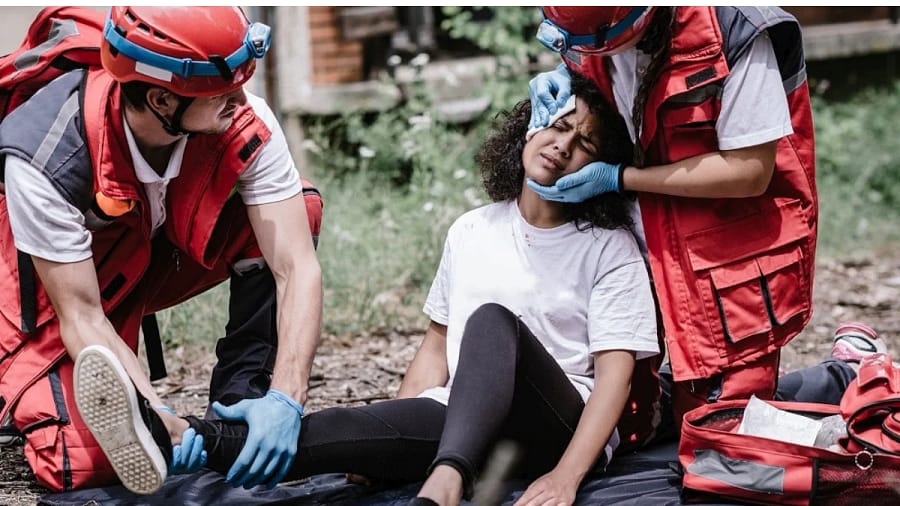


When it comes to travel insurance, many people focus on coverage for trip cancellations, baggage loss, or medical expenses. However, there is one aspect that is often overlooked but can be crucial in emergencies: evacuation insurance. Here, we will explore two primary types of evacuation insurance-Medical Evacuation and Emergency Evacuation, and help you understand their differences and why you might need them.
Medical Evacuation insurance covers the costs associated with transporting you from the location of a medical emergency to the nearest suitable medical facility where you can receive appropriate treatment. This type of evacuation is essential when local medical facilities are inadequate or unable to provide the necessary care for your condition.
Emergency Evacuation insurance, on the other hand, covers the costs of relocating you to a safer nearest location during non-medical emergencies. This could include evacuations due to natural disasters, political unrest, civil strife, or personal safety concerns. Emergency evacuation ensures that you can swiftly leave an area facing imminent danger.
There are a few insurance providers that offer Medical Evacuation insurance as a standalone policy. However, it is often included as part of comprehensive travel insurance plans.
Some Medical Evacuation policies may cover the repatriation of remains. Read the policy details to confirm this coverage.
Emergency Evacuation insurance is typically designed for international travel but may also apply to domestic trips in some cases. Check the policy terms for coverage details.
Acts of terrorism may be covered by Emergency Evacuation insurance, but the coverage can vary by policy. Review the policy terms for specifics.
Some policies may have geographical limits for Medical Evacuation coverage. Check the policy details to understand any restrictions.
It is advisable to purchase evacuation insurance before your trip begins, but some providers may allow you to buy coverage during your travels, with certain limitations.
Most travel insurance policies may include evacuation coverage. However, it is important to check the specific inclusions of your policy and consider adding evacuation coverage if needed.
Understanding the distinctions between Medical Evacuation and Emergency Evacuation insurance is paramount for travelers seeking comprehensive protection during their journeys. The choice between the two depends on your travel plans, destinations, and potential risks. With the right evacuation insurance, you are prepared to respond effectively to unforeseen circumstances, ensuring your safety and well-being while exploring the world.
Do you want to buy Evacuation Insurance? Visitor Guard® is just a call away to provide you with the right plan. Call us now!